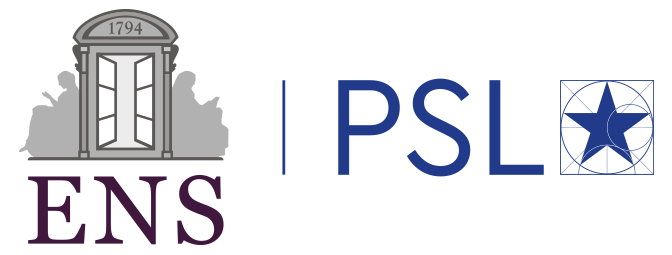Domaines
Condensed matter
Quantum Machines
Quantum information theory and quantum technologies
Topological materials, Quantum Transport, Cavity Quantum Electrodynamics
Non-equilibrium Statistical Physics
Type of internship
Théorique, numérique Description
The advantage of quantum processors stems from the complexity of highly entangled states, which are challenging to simulate on classical computers. However, a major obstacle to practical quantum computation is decoherence, which occurs because real quantum systems are rarely fully isolated, and are in a sense continuously monitored by degrees of freedom beyond our control. Interestingly, recent studies reveal that quantum states can remain highly entangled when measurements occur below a critical rate. Entanglement can even be enhanced by simultaneously measuring physical operators that do not commute.
The main challenge in studying monitored entanglement dynamics is the need to describe the full stochastic dynamics of all measurement outcomes, while we are better equipped to follow deterministic evolutions along single trajectories. However, individual trajectories and their ensembles exhibit fundamentally different physics. In a recent study, we bridge this gap by examining measurement processes in which only selected subsets of trajectories are retained. Our findings suggest that the complex ensemble behavior of the full system may be reflected in the more experimentally accessible average properties of these subsets.
The objective of this research project is to study the interplay between partial post selection schemes and conditional feedback on entanglement dynamics.
We will address these questions using a combination of analytical and numerical tools.
Contact
Dganit MEIDAN
